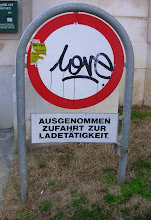Which is more humane: punishment of the body, or of the soul?
Once the horrific visualizations of the opening paragraphs began to fade from my mind, I was able to think clearly about this matter. Michel Foucault recounts execution scenes more terrifying than a Japanese horror film, yet in the end I think these public displays are less dehumanizing than the latter. Burning and quartering aside, the punishment for the crime results in a death that does not take months, or years detatched from society.
The descripton of the prison on page 6, known as the "House of young prisoners in Paris," is reminescent of a military camp. The prisoners wake early, pray, work, eat, ATTEND SCHOOL, PLAY, and then work and eat once again before bed. This doesn't sound half bad, compared to the brutal alternative. However, the execution methods improved and the guillotine was invented as a more humane and ethical alternative. The guillotine offered a swift, clean death. Modern-day electric chairs and lethal injections also promise similar results. Conversely, prisons have become meccas for gang violence, rape, and suicide (often the result of solitary confinement). Everyday you must battle both interior and external demons, building up a wall around you to survive. Being put through these conditions for possibly a life sentence, absent from the lives of those you care about seems a stricter punishment than death.
Subscribe to:
Post Comments (Atom)

No comments:
Post a Comment